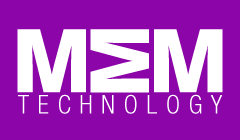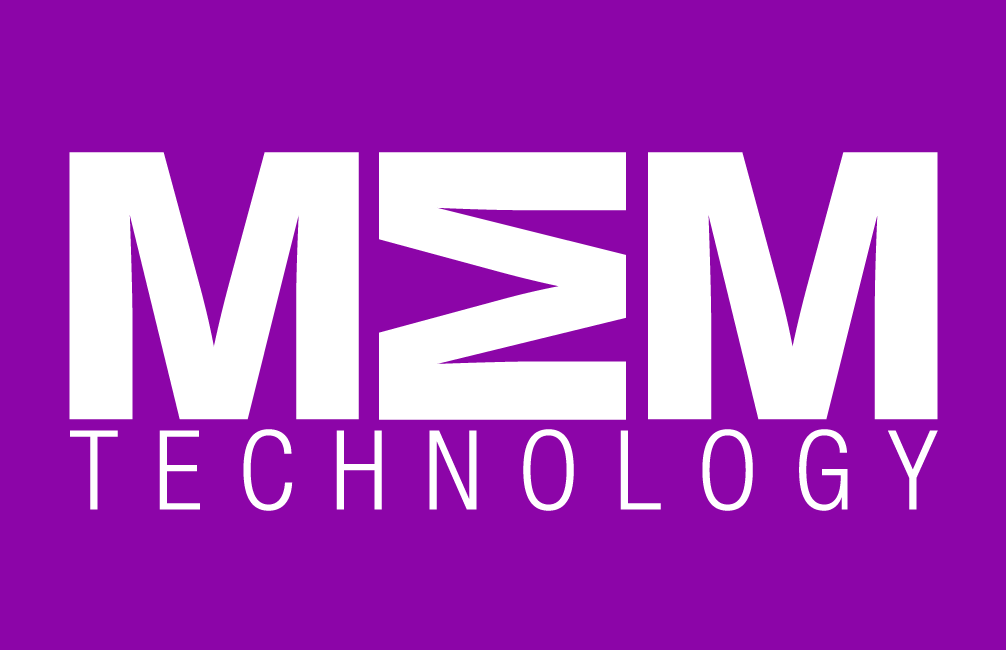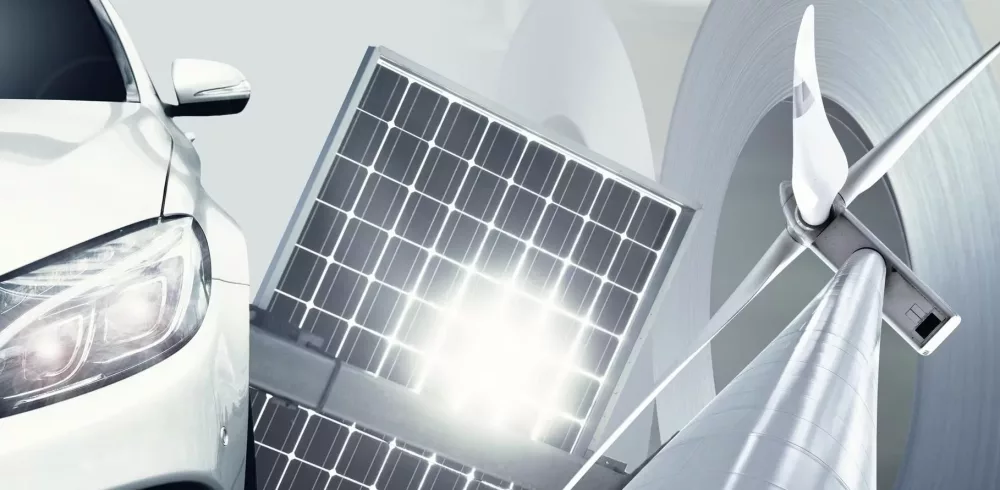980nm wavelength VCSELs for higher robustness and lifetime // TRUMPF and KDPOF working together to implement new standard in optical data communication within automotive // The target is to bring to the market an integrated transceiver for multi-gigabit optical communications in automotive systems
TRUMPF Photonic Components, a global leader in high-speed VCSEL and photodiode solutions for data communication, and KDPOF, an expert in high-speed optical networking solutions based in Spain, will showcase the first 980nm multi-gigabit interconnect system for automotive systems at the European Conference for Optical Communication (ECOC), to be held in Glasgow on October 1st-5th.
“After a long-term cooperation, it’s great to have entered the stage where we can prove to end-users the true strength of 980nm optical interconnects,” says Ralph Gudde, VP Marketing & Sales at TRUMPF Photonic Components. Both companies pursue the goal of implementing state-of-the art optical data communication standards and solutions for the automotive industry. Due to the push in the automotive sector towards autonomous driving, a large amount of data must be processed in cars. Consequently, optical interconnects are required to manage the data flow as a nervous system, connecting sensors and electronic brains, while tight electro-magnetic interference requirements are met. As this trend is even increasing, TRUMPF and KDPOF entered a strategic partnership as early as 2022 to combine their knowledge in the field of components and networks for data communication. Now, significant progress is made with the first implementation of the new standard IEEE Std 802.3cz (nGBASE-AU), consisting of a transceiver that integrates electronics, photonics, and optics in a single IC component. Evaluation kits soon become ready for OEMs to test. “Automotive is a very demanding industry. The IEEE Std 802.3cz standard is therefore focusing on highly reliable conditions that enable lifetimes of 15 years and more, with low cost and high-volume implementations”, explains Rubén Pérez-Aranda, CTO at KDPOF. “Having suppliers like TRUMPF in the 802.3cz working group enriched the discussion with their deep manufacturing and design knowledge of VCSEL and photodiode components, which in turn enabled the production of a serious and dependable standard. With our strategic partnership we are going one step further and are targeting optical networks to become an indispensable part of future cars,” Pérez-Aranda adds.
Automotive applications require not only a much wider range of operating temperatures, reaching from minus 40 °C up to 125 °C but also a low interconnect length of less than 40 meters. For superior robustness against wear and random failures, 980nm VCSEL was approved as the wavelength to become the new standard. Besides its performance characteristics, 980nm suits the existing OM3 fibers with low dispersion loss.
Visit TRUMPF Photonic Components (booth 641) and KDPOF (booth 937) at ECOC 2023 in Glasgow.
Digital photographs in print-ready resolution are available to illustrate this press release. They may only be used for editorial purposes. Use is free of charge when credit is given as “Photo: TRUMPF”. Graphic editing – except for cropping the main subject – is prohibited. Additional photos can be accessed at the TRUMPF Media Pool.
| State-of-the-art clean room production at TRUMPF Photonic Components In state-of-the art clean room facilities, TRUMPF manufactures its own VCSELs and photodiodes. | |||||
| 980nm VCSEL and photodiodes solutions for higher robustness 980nm wavelength VCSEL to become the new standard in the automotive branch. IEEE 802.3cz amendment is currently in the working group ballot phase and is expected to be released in June 2023. | |||||
| Optical data communication increases in automotive systems With autonomous driving vehicles, the amount of data within a car network is increasing. VCSEL and photodiodes support optical data communication applications. | |||||
| Ralph Gudde, VP Marketing & Sales at TRUMPF Photonic Components | |||||
| Rubén Pérez-Aranda, CTO at KDPOF | |||||
About TRUMPF Photonic Components
TRUMPF Photonic Components is a global technology leader, supplying VCSEL and photodiode solutions for consumer electronics, datacom, automotive, industrial sensing and heating markets. So far, more than two billion VCSEL chips and photodiodes have been shipped worldwide. The staff continues to drive its technological know-how, that has been established for over 20 years now in order to maintain its leadership position. The long-established technology was acquired by TRUMPF in 2019. The company has its headquarters in Ulm, Germany, with further sales locations in the Netherlands, China, Korea and the US.
TRUMPF Photonic Components belongs to the TRUMPF Group, a high-tech company offering manufacturing solutions in the fields of machine tools and laser technology. The company drives digital connectivity in manufacturing through consulting, platform products and software. TRUMPF is one of the technology and market leaders in highly versatile machine tools for sheet metal processing and in the field of industrial lasers.
In 2022/23, the company employed some 17,900 people and generated sales of about 5.4 billion euros (preliminary figures). With over 90 companies, the TRUMPF Group is represented in nearly every European country and in North America, South America and Asia. The company has production facilities in Germany, France, the United Kingdom, Italy, Austria, Switzerland, Poland, the Czech Republic, the United States, Mexico and China.
Find out more about TRUMPF at www.trumpf.com
For more information about TRUMPF Photonic Components visit: www.trumpf.com/s/VCSEL-solutions
About KDPOF As a fabless semiconductor supplier, KDPOF provides innovative high-speed optical networking solutions for harsh environments. KDPOF made gigabit communications for step-index plastic optical fiber (SI-POF) a reality for the automotive industry. Founded in 2010 in Madrid, Spain, KDPOF offers their cost-effective technology as fully qualified automotive-grade ASSP, integrating electronics, photonics, and optics in a single IC. KDPOF’s technology makes use of information theory, innovative digital adaptive algorithms, and analog mixed-signal design to maximize the receiver’s sensitivity. KDPOF makes innovation in optical coupling and packaging design, which enable integration of optical communications ports in electronic control units using standard printed circuit assembly processes. All together, this allows the support of high-yield and reliable optoelectronics production in low-cost automotive-grade bulk CMOS deep submicron nodes, and the delivery to carmakers of low risk, low cost, and short time-to-market products. KDPOF currently has partners and coworkers in France, Germany, Korea, Japan, USA, China, and Sweden. More information is available at www.kdpof.com
Manufacturing & Engineering Magazine | The Home of Manufacturing Industry News















